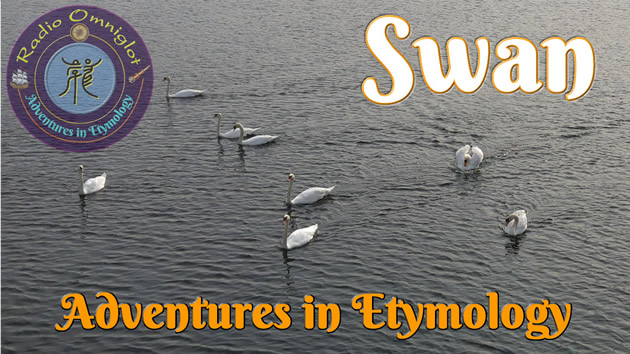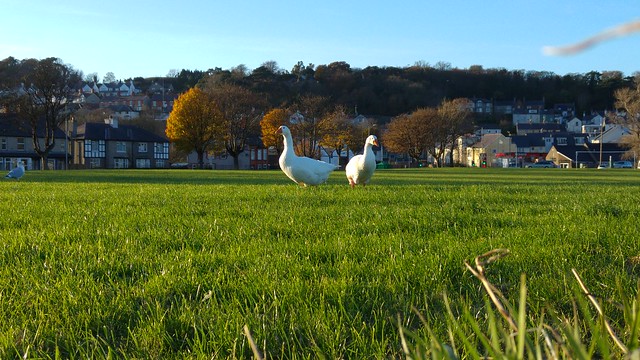Podcast: Play in new window | Download
In this episode we discover the possible Celtic roots of the word jeans, and also the place names Genoa and Geneva.
Jeans are trousers made from denim cotton, traditionally dyed dark blue, and also known as blue jeans. The word jeans is an abbreviation of jean fustian, from Middle English Gene (Genoa, Genovese) and fustian (a strong cotton fabric) [source].
Gene comes from Latin Genua (Genoa), which like Geneva, possibly comes from the Proto-Celtic *genwā ([river] bend) from PIE *ǵénw-eh₂, from *ǵónu (knee), which is also the root of the Proto-Celtic word *glūnos (knee) [source].
Related words in the modern Celtic languages include:
- glúin [ɡl̪ˠuːnʲ] = knee, generation, step, node in Irish
- glùin [ɡl̪ˠuːn̪ʲ] = knee, generation, lap in Scottish Gaelic
- glioon [ɡlʲuːnʲ] = joint, knee in Manx
- glin [ɡliːn] = knee in Welsh
- glin [ɡliːn] = knee in Cornish
- glin [ɡlĩːn] = knee in Breton
Other words from the same PIE roots include genuflect (to bend the knee, grovel) and knee in English; genou (knee) in French; knie (knee) in Dutch and Afrikaans; gju [ɟu/ɡjũː] (knee) in Albanian, and γόνατο [ˈɣɔnatɔ] (knee) in Greek [source].
Incidentally, the k in knee was pronounced in Middle Engish kne [kneː] and Old English cnēow [kne͜oːw] [source], and also in Early Modern English until about the 16th or 17th century, when it quietly disappeared in speech [source].
See the Celtiadur post Knees for more details of words for knee and related things in Celtic languages. I also write about words, etymology and other language-related topics on the Omniglot Blog.
Radio Omniglot podcasts are brought to you in association with Blubrry Podcast Hosting, a great place to host your podcasts. Get your first month free with the promo code omniglot.












